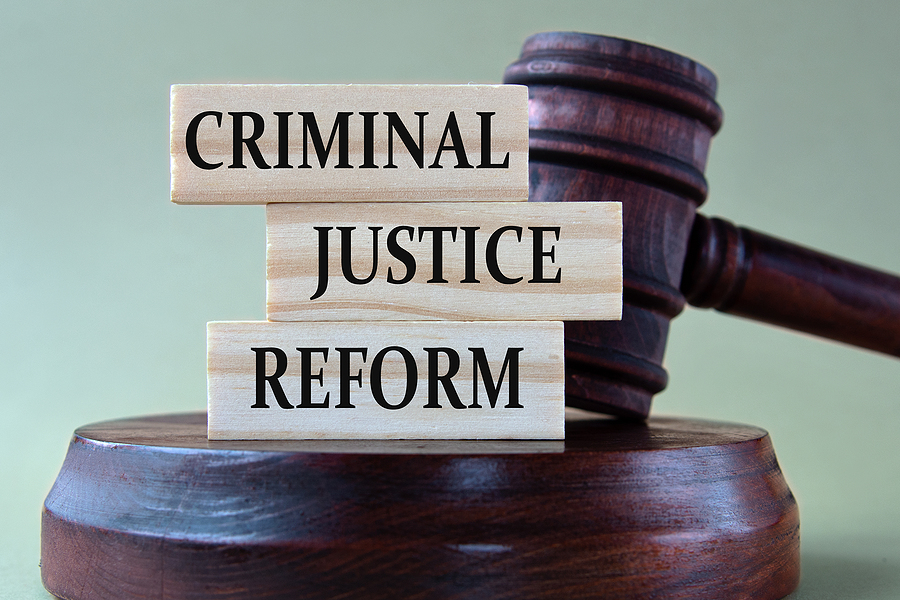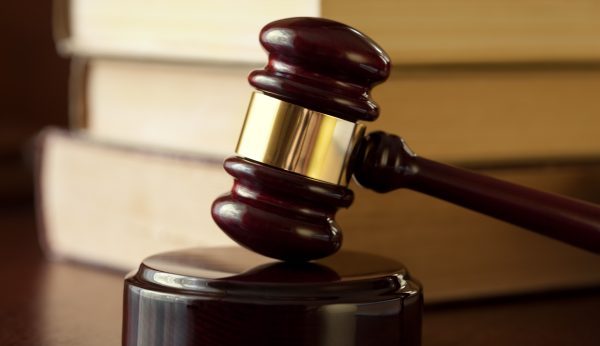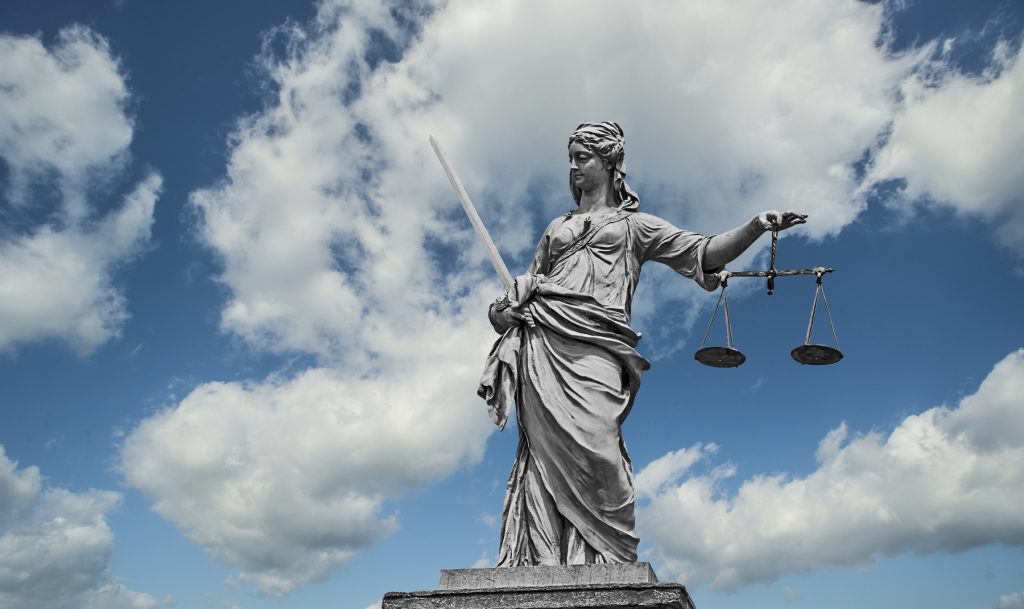Indiana has been in the process of reforming its criminal justice system for several years now, and the results have been promising. The state’s reforms have included reducing sentences for certain nonviolent offenses, investing in alternatives to incarceration, and expanding access to reentry programs. These measures are aimed at reducing prison overcrowding while still maintaining public safety. Additionally, Indiana has invested in programs that focus on helping individuals affected by crime avoid returning to prison after release.
In this blog post, we’ll take a look at how these changes have impacted Indiana’s criminal justice system and what challenges remain as we continue working towards a more equitable and effective system of justice. We’ll also discuss what other states can learn from Indiana’s experience with criminal justice reform. By understanding the successes and failures of past reform efforts, policymakers across the nation can work together to create lasting change within our country’s criminal justice systems.

Indiana’s Criminal Justice Reforms Help Reduce Crime
Indiana’s criminal justice reforms have resulted in decreased crime rates across the state. The rate of violent crimes has dropped by nearly 20 percent since 2016, and property crime rates have also declined over the same period. This is especially apparent in areas where more resources are invested in community-based approaches to addressing crime and drug addiction. As a result, fewer individuals are facing incarceration for low-level offenses than before.
Higher Rate of Successful Reentries to Society
Additionally, Indiana has seen an increase in successful reentry outcomes among those who leave prison after their sentence has been served. This can be attributed to the expanded access to resources such as job training programs and substance abuse treatment centers that help these individuals transition back into society without resorting to criminal behavior. By providing people with the necessary support to stay out of prison, Indiana is helping reduce recidivism rates and create a safer environment for its citizens.
Common Challenges Faced by Criminal Justice Reform
Despite these successes, there are still some challenges that must be overcome before Indiana can fully realize its criminal justice reform goals. One such challenge is addressing racial disparities within the system. While African Americans make up just 10 percent of the state’s population, they represent over 30 percent of those convicted of felonies and nearly 60 percent of those incarcerated in Indiana prisons. This disparity is indicative of systemic racism within the criminal justice system and must be addressed if meaningful change is to occur.
Additionally, while overall crime rates have dropped due to reforms, there are still areas where more progress needs to be made. For example, offenses involving firearms have increased in some cities, and the number of homicides has remained largely unchanged from before the reforms began. To better address these issues, Indiana must invest more resources into programs that promote public safety and prevent crime rather than simply relying on harsher punishments for those who break the law.
In Summary
Overall, Indiana has made great strides towards reforming its criminal justice system in recent years. By investing in alternatives to incarceration and providing individuals with necessary support after release, the state has been able to reduce both prison populations and crime rates across the board. However, there is still work to be done in order to fully realize this potential and create a more equitable criminal justice system that works for everyone. Understanding the successes of Indiana’s reforms and taking the necessary steps to address the challenges that still remain is key for other states looking to replicate these results.
Are you a parolee or on probation and wish to appeal or expunge your conviction in Indiana? Contact Attorney David E. Lewis at 317-636-7514 to schedule a free consultation with a licensed appellate lawyer in Indianapolis, Indiana. We can start working on your case TODAY.
Related Posts:
How to Get Started with the Process of Criminal Record Expungement in Indiana
Understanding the Impact of a Criminal Record in Everyday Life
How to Make the Most of Your Time on Probation



